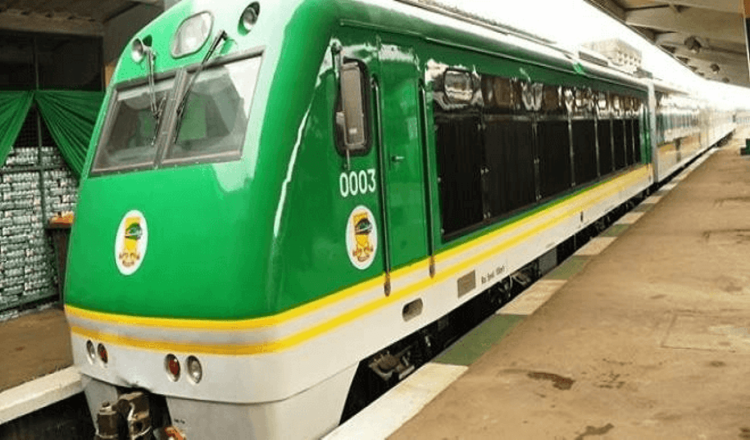The Nigerian Railway Corporation (NRC) has announced an increase in its Lagos-Ibadan train services with additional trips on Fridays and Saturdays, catering to the swelling number of passengers commuting on one of Nigeria’s busiest travel corridors. This move marks a proactive effort to improve transportation options and reduce traffic congestion on Nigeria’s vital highway connecting Lagos, the country’s commercial hub, and Ibadan, Oyo State’s capital.
The NRC’s decision to introduce these extra trips comes in response to the steady rise in commuter numbers and the increasing public demand for more frequent and reliable rail services. The Lagos-Ibadan train service has become an essential travel option for Nigerians looking to avoid the often clogged expressway. It offers a safer and faster alternative, with travel time averaging two and a half hours.
Starting this week, travelers can look forward to additional journeys on Fridays and Saturdays, with ticket bookings accessible both online and at train stations. While the standard weekly service operates twice daily, this extension will add one extra round trip each day over the weekend. According to NRC officials, these additional services are strategically scheduled to accommodate peak travel periods, making it easier for Nigerians to plan weekend travels and engage in economic activities along the route.
Impact on Commuters and Local Economy
Nigerians have voiced concerns about long travel times on the Lagos-Ibadan highway, which is known for frequent traffic jams due to road construction, heavy-duty vehicles, and high traffic volume. For many, the expanded train schedule represents an accessible solution that alleviates stress and improves safety on a route that has witnessed a rise in accidents. This expansion also provides more affordable travel options, especially for regular commuters and business people who make the Lagos-Ibadan commute frequently.
With its enhanced service, the NRC expects an increase in ridership, which could positively impact revenue generation, infrastructure maintenance, and future expansions. By reducing the need for private and public vehicles, the additional rail services are anticipated to ease traffic on the expressway, benefiting other road users and potentially reducing greenhouse gas emissions from the heavily trafficked route.
National Infrastructure and Development
The NRC’s decision aligns with Nigeria’s broader infrastructure development strategy aimed at modernizing the rail network, thereby fostering economic growth and creating more efficient links between key regions. As the government prioritizes rail development as part of its National Integrated Infrastructure Master Plan, the Lagos-Ibadan route has become a flagship example of the positive outcomes of public infrastructure investment.
Furthermore, the increased rail services could pave the way for similar expansions on other critical routes, including those connecting Abuja to Kaduna and Port Harcourt to Maiduguri, as the NRC evaluates the feasibility of scaling up nationwide rail services. The added Lagos-Ibadan trips also reflect a recognition of the importance of railways as a sustainable transportation option, reducing dependency on Nigeria’s overburdened highways.
Challenges and Future Prospects
Despite these advancements, challenges persist. The NRC continues to grapple with concerns about maintenance, security, and overcrowding, especially during peak periods. The recent decision is expected to alleviate some of these issues, but as demand grows, so does the need for ongoing investments in rail infrastructure, station facilities, and enhanced security measures.
As passengers take advantage of these new weekend services, the NRC’s commitment to assessing and responding to commuter needs will be crucial in determining the success of this expansion. If these weekend trips prove popular, it could signal a demand for more frequent services throughout the week, a potential future step the NRC may explore.
For now, the additional Friday and Saturday services are a welcome development for Nigerians eager for faster, safer, and more reliable transportation options.





